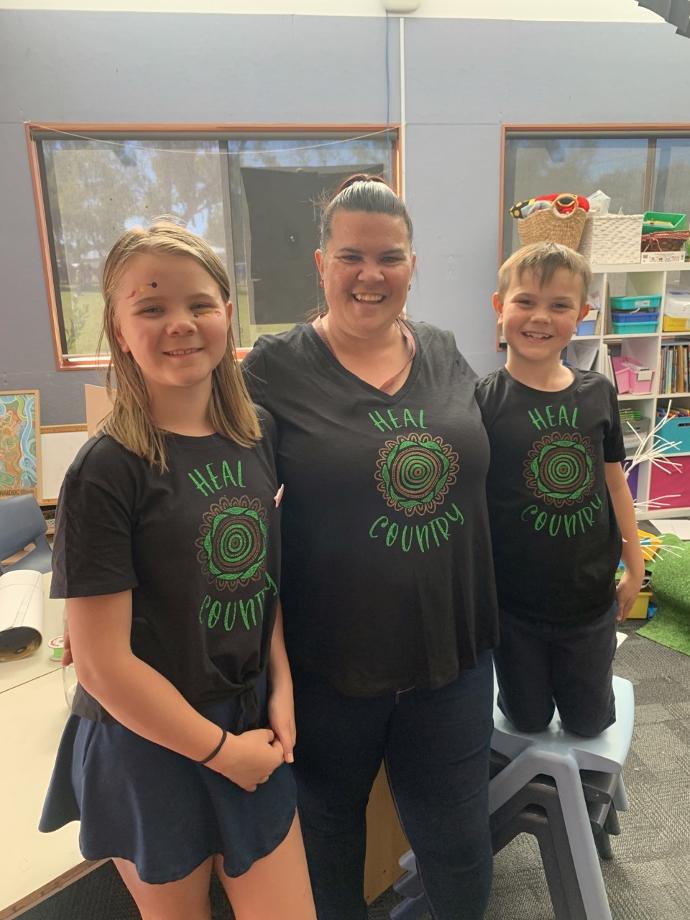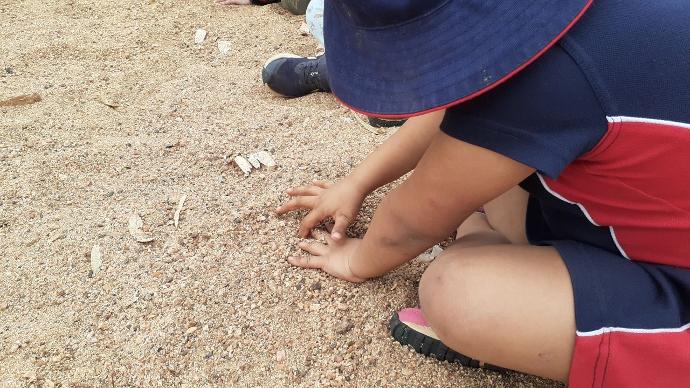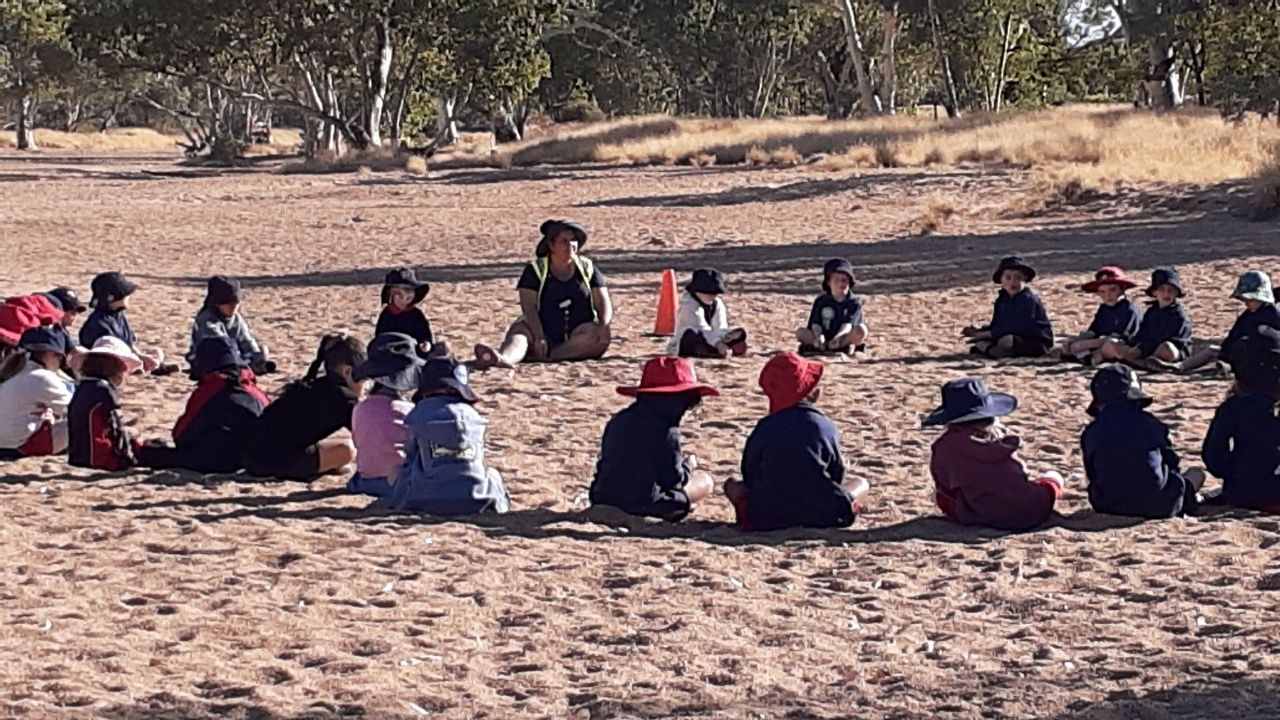My name is Violet Hildebrandt nee McGinness, and I am a proud Kungarakan, Gurindji and Ngen’giwumirri Woman, but I was born and raised in Mparntwe (Alice Springs) on Arrernte Country.
As an Indigenous educator, it's powerful to witness educators across Australia making an effort to reflect upon Indigenous ways and people. I invite all educators to build on this reflection so we can educate the next generation in a manner that is insightful, respectful, and thought provoking.
So how do you do this?
By being vocal, being a champion of change, and advocating Indigenous culture. By educating yourself, and celebrating diversity so Indigenous people not only see themselves within a classroom, education & care setting, or playgroup, but also that non-indigenous Australians learn more about Indigenous Australia.
Don't be afraid to do something! As educators we have so much to do, and all I ask is that we continue to try. Educators are lifelong learners, and we are always continuing our journey in professional development. It is crucial that both Indigenous and non-indigenous educators need to put the same effort into broadening our knowledge of Indigenous cultures that we put into other curriculum areas. Seek the wisdom of your colleagues if you have Indigenous colleagues, and reach out to the Indigenous parents of the children in your care. When it comes to any culture, if people feel they are included they feel supported to share their culture and experiences.

There are a few ways educators can get in contact with Elders in their community. Educators can reach out to their local Aboriginal land councils, sacred sites committees, and local Indigenous people. Also, with how social media is nowadays, you can ask the question on teaching and educator pages and ask if others in your area may already have those answers.
There is no minimum age requirement for starting to educate our children about Indigenous culture, and I am humbled to share my experiences with all educators.

I teach transition (prep / foundation) at present, and I believe you can teach even the youngest of children about culture, and you must include the hurt and the pain. My family was a part of the Stolen Generation, so we talk about that. The conversation around Sorry Day is opened-up to include how they would feel about being taken away from their families, and how their families would feel losing them. It's important to share these moments, as well as all the amazing things that aboriginal people have done over time. This includes how they were before Australia was invaded, to the strengths that came after to overcome adversities, to what is and continues to be a strong and old culture.
Although there are significant dates throughout the year to acknowledge Indigenous people, it is important to embed and make it second nature to incorporate Indigenous practices, tools, games, sport, science, lifestyle, language, and so much more.
So, in the long way around, I want children to learn everything they can about my culture and be able to share their knowledge as I expect them to share about all the other subjects. Instead of the saying get back to nature - Go back to Country! Get children outside and take them to places of cultural significance, and find your local stories and share them.

This term we made a weekly excursion down to the Todd River to explore the stories, and let the children get back to playing with nature. It is a plethora for imagination to run wild and the play you see is nothing like you do in the classroom. We talk about respecting the land and leaving it the way we found it, and not taking things away from where they belong, other than the rubbish so that we are caring for country. We have been working alongside one of our parents and he has translated our acknowledgement of Country into Arrernte, and will be teaching us how to say it. We've had one of our Indigenous educators come and share some of the stories of the town and will be getting a visit from some Elders next term. It has been one of my favourite excursions to do and will continue to.
The conversations about integrating Indigenous culture are continuing and as an educator you have the power and privilege to be part of this fundamental time. Let's incite passion and advocation in the hearts of our children so that the Indigenous culture is celebrated and respected as part of the rich history, present, and future of Australia.
Written by Violet Hildebrandt nee McGinness